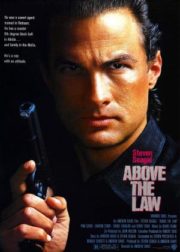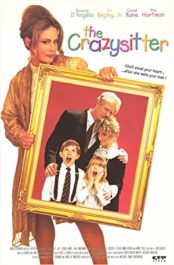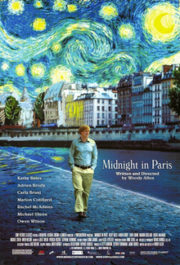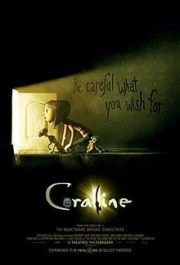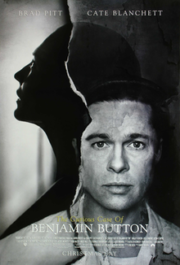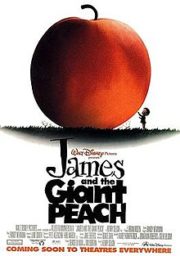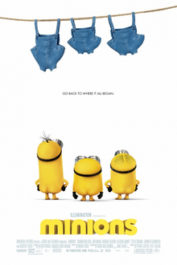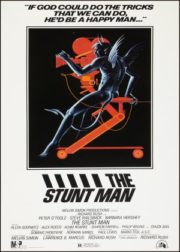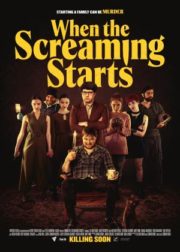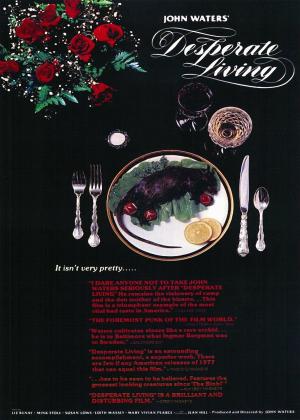
“Desperate Living” is a 1977 black comedy film directed and written by John Waters. Known for his provocative and irreverent style, Waters creates a dark and satirical world in “Desperate Living” that challenges societal norms and conventions. The film follows the bizarre and outrageous adventures of a group of misfits in the fictional town of Mortville.
Plot Summary:
The film centers around Peggy Gravel (Mink Stole), a frustrated housewife who, after accidentally killing her husband, flees to Mortville, a squalid and lawless suburb. In Mortville, she encounters a colorful cast of characters, including her loyal butler Grizelda (Jean Hill) and the eccentric and tyrannical Queen Carlotta (Edith Massey).
Under Queen Carlotta’s rule, Mortville is a haven for outcasts and societal rejects. Peggy and Grizelda become embroiled in a series of absurd and macabre situations as they navigate the dark underbelly of the town. From encounters with a lesbian separatist gang to run-ins with a deranged doctor, their adventures take them to the limits of sanity and social acceptability.
Themes and Impact:
“Desperate Living” is a social satire that explores themes of conformity, sexuality, and societal rebellion. The film challenges traditional notions of gender, class, and sexuality, pushing boundaries and provoking a reaction from its audience. It serves as a critique of the oppressive norms and values imposed by society and the absurdity of striving for an unattainable ideal.
Waters’ distinct filmmaking style is evident throughout the film, with its campy humor, outrageous characters, and over-the-top performances. “Desperate Living” embraces the low-budget aesthetics and deliberately exaggerated performances that have become synonymous with Waters’ work.
While not a mainstream success upon its release, “Desperate Living” has since gained a cult following and is celebrated for its subversive and unapologetic approach. The film’s offbeat humor and unconventional storytelling continue to resonate with audiences who appreciate its boldness and transgressive nature.
Conclusion:
“Desperate Living” is a dark and satirical black comedy that challenges societal norms and conventions. John Waters’ unique filmmaking style and provocative storytelling create a world that is simultaneously disturbing and hilarious. Through its exploration of unconventional characters and outrageous situations, the film offers a biting critique of social conformity and the quest for societal acceptance. “Desperate Living” remains a cult classic that showcases Waters’ uncompromising vision and continues to provoke and entertain audiences with its audacious and unapologetic approach.
Submit your review | |
Desperate Living, directed by John Waters and released in 1980, is a darkly absurd and subversive cult classic that pushes the boundaries of good taste and conventional storytelling. Known for his provocative and unconventional filmmaking style, John Waters delivers a bizarre and twisted tale that is both shocking and comedic.
The film takes place in the fictional town of Mortville, a haven for societal outcasts and misfits. When Peggy Gravel (played by Mink Stole), a disgruntled housewife, accidentally kills her husband, she flees to Mortville with her loyal and mentally unstable maid, Grizelda (played by Jean Hill). In Mortville, they encounter a colorful cast of eccentric characters, including the tyrannical Queen Carlotta (played by Edith Massey), and become embroiled in a series of bizarre and outrageous events.
Desperate Living is unapologetically outrageous and deliberately trashy, embracing the low-budget aesthetics and over-the-top performances that have become synonymous with John Waters' films. The film revels in its campy and grotesque nature, offering a satirical commentary on societal norms and expectations. It challenges conventional ideas of beauty, gender, and sexuality, often in ways that shock and disturb the audience.
The performances in Desperate Living are intentionally exaggerated and larger-than-life, adding to the film's overall sense of absurdity. Mink Stole shines as Peggy Gravel, capturing the character's desperation and unhinged demeanor with manic energy. Edith Massey brings her unique charm to the role of Queen Carlotta, delivering lines with a deadpan delivery that is both hilarious and unsettling.
While Desperate Living may not be for everyone due to its extreme and unconventional content, it undeniably has a distinctive style and a dedicated cult following. Fans of John Waters' work will appreciate the film's irreverent humor and subversive themes, as well as its unapologetic celebration of the bizarre and grotesque.
Visually, Desperate Living is a feast for the eyes with its vibrant and outrageous production design. The set pieces and costumes are intentionally over-the-top, contributing to the film's larger-than-life atmosphere. The deliberate use of exaggerated colors and unconventional framing adds to the film's overall surreal and dreamlike quality.
While Desperate Living lacks a traditional narrative structure and may feel disjointed at times, it makes up for it with its sheer audacity and unapologetic commitment to its own unique vision. It's a film that embraces its own weirdness and invites the audience to do the same.
In summary, Desperate Living is a darkly absurd and subversive cult classic that pushes the boundaries of taste and convention. It's a film that revels in its own trashiness and challenges societal norms with its provocative and outrageous content. While it may not be everyone's cup of tea, it remains an important entry in John Waters' filmography and a testament to his distinctive style. If you're open to unconventional and confrontational cinema that dares to be different, Desperate Living is worth exploring.





